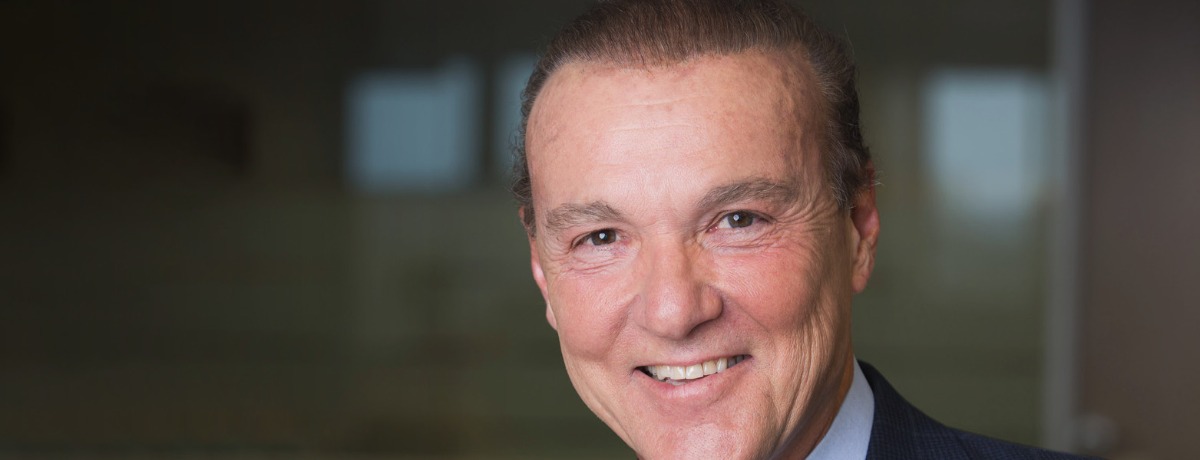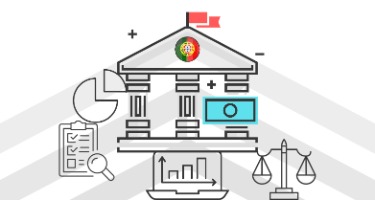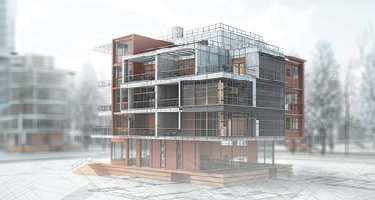It has been an eventful decade for Puerto Rico: devastating hurricanes, government upheaval, financial crises, and now, a semblance of normal life amid fitful recovery. At the center of much of it is Néstor M. Méndez, founder of Pietrantoni Méndez & Alvarez, the San Juan legal practice recently named “Law Firm of the Year” for Litigation and Real Estate Law in Puerto Rico. Méndez sat down with Best Lawyers CEO Phillip Greer to talk about labor peace, junk-bond repercussions, and the laudable resilience of those who call this storm-battered island home.
What does it mean to the team at Pietrantoni Méndez & Alvarez to be recognized as “Law Firm of the Year” in Puerto Rico for Litigation and Real Estate Law?
Néstor Méndez: It’s great recognition for the firm. If your peers recognize you, your own competitors, that’s the best compliment anyone can receive.
Were there any cases in particular from the past year or so that contributed to this distinction?
Yes, particularly in litigation. I founded the firm in 1982, and I was the only litigator then. Now we have more than 20 litigators. We recently had a very significant win before the National Labor Relations Board, a case we brought before the D.C. Court of Appeals. We got what some have called a precedent because it changed the way the board had been ruling on what is called “wildcat” strikes, which in essence are strikes by members of a union without the union’s consent. There was some past case law concerning whether such a strike was what’s called a protected activity—so that if you fire the strikers, the firm, the company, and the employer is responsible. This case has been going on for more than a decade, believe it or not. And on two different occasions, the board found that the termination of employees who participated in the wildcat strike was not legal, because the strike was supposedly a protected activity. We appealed that to the District Court of Appeals, which eventually remanded it to the board. And the board, in essence, overturned its two previous decisions and ruled in favor of our client, a very important corporation in Puerto Rico that creates a lot of jobs.
We also had a big win before the First Circuit Court of Appeals for a financial institution dismissing a Racketeer Influenced and Corrupt Organizations Act (RICO) claim. That case also had been going on for quite a while. And we also had significant successes in getting three class actions dismissed in state court. So it’s been a very good year.
What developments have stemmed from the devastating effects of Hurricane Maria two years ago?
The hurricane was really a shock. I’ve been around a while and been through many hurricanes, but this one was something completely different. We were all very affected. I was without power for five months in my home, running with a generator, but many did not have generators and were without power even longer.
I think Puerto Rico has shown itself to be pretty resilient, but [the hurricane] changed a lot in the economy. The stronger participants have prevailed and even consolidated. Those that were not as strong or not as committed to Puerto Rico have sold, moved on. On one hand, you’ve seen some changes in the financial industry. On the other, you’ve seen some interesting developments in newer investments coming in, particularly in the real estate business because some saw prices go down significantly because of the hurricane. A lot of people left the island; there was a big demographic move to Florida. That brought prices down—and the market being the market, other people have come down and said, “Wait, that’s really cheap for a beautiful Caribbean island.” So we’ve seen some interesting investments in real estate, hotels, the entertainment industry. There’s been some drag in funds from the Federal Emergency Management Agency (FEMA) and other federal agencies because of Puerto Rico’s bankruptcy, political infighting, all that. But you still see private funds coming in. There was a big rebuilding boost from insurance claims. You see a significant amount of construction going on.
Have building codes or regulations changed because of hurricanes or the effects of climate change?
Unfortunately, no, not really. In October in Puerto Rico, you have high tides. And this year the high tides really affected a lot of the waterfront areas. There’s been a lot of discussion about how to protect those waterfronts from erosion. But there’s been no significant change in the building codes.
I do think there’s going to be some action taken. In terms of hurricanes, there’s going to be—not so much because of new building codes or regulations but because of what FEMA and insurance companies are willing to insure in floodable areas. There are many areas that are just not going to be rebuilt. Which is not necessarily a bad thing, because many of those buildings were not well constructed or were in floodable areas.
Are there any upcoming projects you’re particularly excited about?
We’re participating in some big financing that will hopefully be done in the energy industry in Puerto Rico. The Puerto Rico power authority is in bankruptcy, but it’s going to be restructured, and there’s going to be a lot of financing coming out of that. I think we’re going to be participating in that.
We’re also participating in some developments and investments outside of Puerto Rico, in Florida. That’s something the firm hasn’t done much of in the past. We haven’t really expanded to other jurisdictions, but we’ve had some clients go to Florida, and we’ve been doing some interesting work there for a big client. We have some very important litigation coming to trial including a toxic tort case that was part of an MDL, and we have two class-actions related to foreclosures that we’re involved in and another securities class action case we’re involved in.
So there are a lot of big cases and hundreds of claims we’re involved with right now—defending securities firms that are being sued in arbitration because of the fact that Puerto Rico bonds [were downgraded to] junk. That generated a lot of securities losses, and there are hundreds of cases we’re involved in. It’s keeping us very, very busy.
This interview has been edited for length and clarity.

































